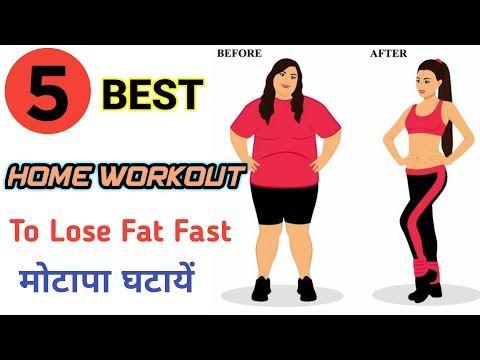
Click Here to Subscribe:
Website:
Be Sure to Check Out Dr. Cabral’s Podcast: The Cabral Concept
Intermittent Fasting: Can it Slow Down Your Metabolism? (w/ Dr. Cabral)… Can your metabolism slow down? Specifically, can your metabolism slow down while intermittent fasting? We talk about reducing calories, we talk about changing how we eat. Does it actually affect the thyroid to the point where metabolism slows down? To help me with this question I’ve got one of the leading experts in the world on metabolism and the thyroid, Dr. Stephen Cabral.
Thank you for having me. I’m a board-certified naturopathic doctor, and I specialize in Ayurvedic and functional medicine, working on bio-individuality as our basis point for how to work with each individual wellness client or patient that comes into our center.
When we’re talking about intermittent fasting, we’re always talking about, is it good, yes or no, and then, there’s a lot of gray area in between. My job is to say, “Okay, what are your goals?” If your goal is to be healthier, well, intermittent fasting should be a part of that. Anti-aging? Intermittent should be a part of that, and also body transformation. We know that from the research it can help all of those things, but at what point does it become detrimental?
For me, it’s looking at lab testing. I don’t know if you have a different specific outlook on that, I mean like physical signs and symptoms. Whereas I might look at that as well, but let’s say, “Okay, let’s not even guess. Let’s get directly into testing to say yes or no, this is affecting you negatively.” If so, how can we treat that to allow you to do intermittent fasting, but maybe not for the same time window? Maybe not for seven days a week, maybe it’s a couple days a week. We can get into that today as well.
Definitely. One of the reasons I wanted to do this video is because there’s so many just conflicting videos out there. People that have actually done videos directly, I shouldn’t say targeting me, but calling me out on my strategy in terms of wanting to only fast a few days per week, saying it’s wrong, saying it’s right.
The thing is, is at the end of it of all of this, before we go into any detail, is it all does come down to bio-individuality. Some people respond to different things differently, I might respond differently than you do, and that’s kind of the beauty of life in general.
But the theory behind not wanting to fast every day, as far as I’m concerned, and you can talk about this a little bit and tell me if I’m right or wrong, or what the deal is, but if you fast every day, eventually you get yourself to a point where your overall caloric needs do sort of shrink to accommodate that. If you’re eating 1000 calories per day because you’re fasting every day, and you only eat for a collective total of three or four hours, then eventually, your body is going to adjust to the fact that 1000 calories is just what you need.
Now, at what point does that stop? I mean I’m sure your body wouldn’t survive if you were to just condition it to run on 100 calories a day, but that’s where I come from with that. That’s why I say, “Okay. Yes, fasting if you do it too much could potentially slow down your metabolism.” But I’d love to hear some of your thought on that and how the thyroid works and how this all comes together and where we’re willing to go with our own thought process.
Sure. It’s even by definition. If your body can survive on 1000 calories a day, again by definition, you’ve lowered your metabolism. It’s not just about weight loss or weight gain when we’re talking about metabolism. It’s also about metabolic rate. It’s the way that your cells actually need and use energy, and it’s all the different systems of your body. If you take your caloric needs for the day and you can lower them over time to a point where you only need 800 to 1000 calories per day, again, we’ve slowed the metabolism, and we’ve also lowered most likely the hormones.
Now, this isn’t your body messing up, and you actually did this on purpose, right? You may not have thought about it, but you purposely lowered your metabolism, and you did that to be able to survive on less food. Again, if this was 1000, 2000, 10000 years ago, this would probably be a pretty good thing. The reason is that we can get away with eating less food, which means that we can survive and outlast any type of famine or wartime or drought or whatever it might be, and so, that’s not necessarily a bad thing.






